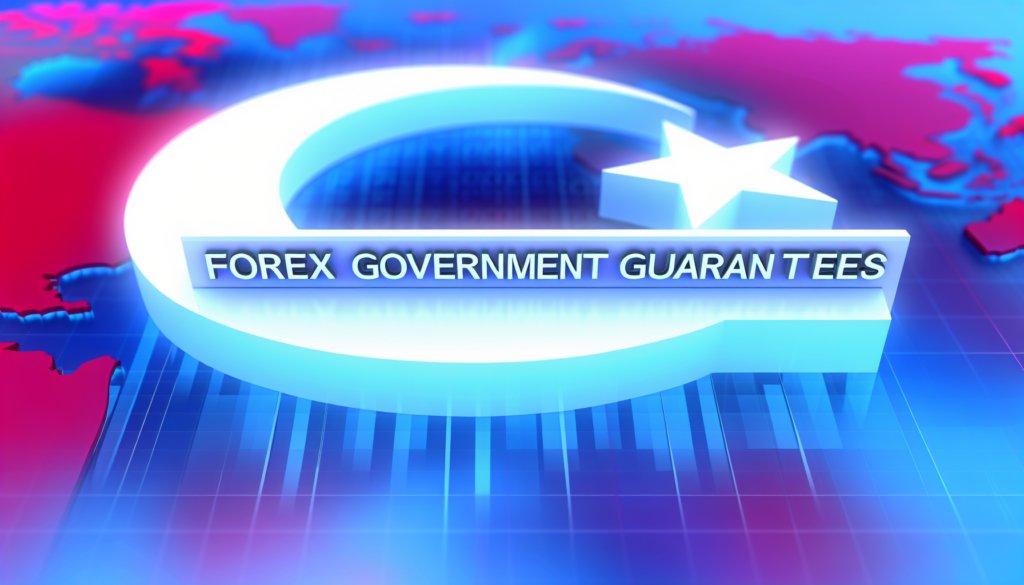Rare Earth Elements: A New Front in Trade Wars

China has opened a new front in trade wars by restricting the export of certain rare earth elements. This is expected to impact the supply of high-tech products. As tariff escalations between the U.S. and its trading partners continue, it creates uncertainties about the course of global trade. Following U.S. President Donald Trump’s announcement of “reciprocity-based” tariffs, China’s decision to restrict the export of some rare earth elements intensified the trade wars. The Chinese Ministry of Commerce had declared that 7 categories of medium and heavy rare metals like samarium, gadolinium, terbium, dysprosium, lutetium, scandium, yttrium, and alloys will be included in the export control list starting from April 4. Accordingly, Chinese suppliers will only be able to export these rare earth elements with government permission. Additionally, Chinese customs officials may seize shipments suspected of containing restricted elements. These elements, for which the country supplies a large part of the global demand, are used in various products ranging from weapon systems to high-performance engines, nuclear reactors to electronic and optical equipment, spacecraft to medical imaging machines, batteries, fuel cells, semiconductors, and superconductors. China which holds a significant share in the production of 17 groups of rare earth elements, has indicated its intention to turn its global dominance in this field into an economic advantage through export restrictions. GLOBAL CHIP SUPPLY MAY BE AT RISK China’s move came after U.S. President Donald Trump’s announcement of an additional 34% tariff on China under the reciprocity-based tariffs. While China opened a new front in trade wars by restricting the export of some rare earth elements, questions arose about how this could affect the global supply of high-tech products. Metals such as samarium, gadolinium, terbium, dysprosium, lutetium, scandium, and yttrium are critical in industries such as defense, electronics, and renewable energy. Rare metals are crucial in industries like defense, electronics, and renewable energy and are heavily used in mobile phones and electric vehicles. It is anticipated that China’s restrictions on rare earth element exports could jeopardize global chip production supply. Furthermore, China announced that it will not back down from President Trump’s threat of an additional 50% tariff and will take firm measures to protect its rights and interests.
























































































































































































































































































































































































































































































































































































































































































































































































































































































































































































































































































































































































































































































































































































































































































































































































































































































































































































































































































































































































































































































































































































































































































































































































































































































































































































































































































































































